 Friday, January 19, 2018 |
Friday, January 19, 2018 |  Hugh Locke
Hugh Locke Haitian Smallholder Farmers Set to Benefit from Blockchain Technology
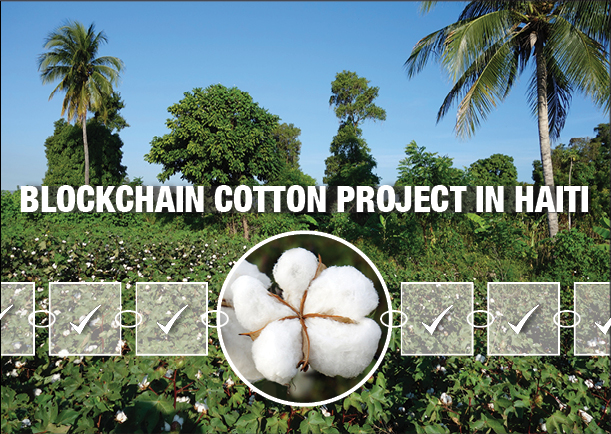 Background photo shows the SFA cotton field trial site near Gonaives, Haiti, where 15 varieties are being
Background photo shows the SFA cotton field trial site near Gonaives, Haiti, where 15 varieties are being
tested prior to large scale cultivation of cotton by smallholder farmers starting this summer.
While the Bitcoin bubble seems to be deflating almost daily, its underlying 'blockchain' technology is being hailed as a breakthrough in rendering data unhackable. This blockchain innovation is now being tested for an astonishing range of applications, everything from improving the security of cloud data storage to preventing the theft of online identities. And Haiti is on the cutting edge of this testing with the announcement of a Blockchain Cotton Project that will benefit the country's smallholder farmers.
The basis for this project is the reintroduction of cotton to Haiti by the Smallholder Farmers Alliance (SFA) following a 30-year absence. Following the completion of field trials of various cotton varieties that are being grown using organic principles and harvested this month, farmers will begin large scale cultivation this summer.
But a product without a buyer is only half a success story, and this is where the global outdoor brand Timberland comes in. They have committed to buying up to one third of their annual global cotton purchase from SFA farmers once there is sufficient volume and subject to price and quality. Patagonia and Vans have also stated their interest in being potential buyers.
Having both product and a buyer in place, the SFA has started building a new supply chain that connects the two. And it turns out this is the perfect time to integrate blockchain technology that will track agricultural produce through every step in a supply chain from field through to export. And while the initial focus will be cotton, the plan is to apply it later to other export crops such as moringa.
The Blockchain Cotton Project is being led by a 5-member international working group. Haiti-based SFA leads the group and is joined by its international affiliate, Impact Farming, along with the Better Sourcing Program and RCS Global, both UK-based and with a presence in Europe and Africa. Timberland rounds out the team as the fifth member.
Blockchain reporting is not an easy concept to grasp, but the potential results will allow for the secure gathering of data specific to each unit of produce from a given farm. Take the example of 600 lbs of raw cotton from a one-hectare field in Haiti. Timberland, or another company buying the cotton, will know the complete history of that specific 600 lbs. of cotton: the name of the farmer who grew it, the GPS coordinates of where the farm is located, what the farmer's costs of operation were for that field, the price the farmer was paid, how it was grown (for example, the exact applications of fertilizer, pesticides and herbicides and whether those comply with organic standards), what impact the growing of that particular crop of cotton had on the environment (and tracking crop rotations), how did women farmers benefit, how was the cotton processed (ie., the seeds removed and the resulting cotton lint formed into bales), what was the cost of every processing, handling and transportation step between the farm gate and the ship on which it was exported from the country.
Our initial focus on cotton has implications beyond Haiti. Around 100 million of the 500 million smallholder farmers throughout developing countries now grow 75% of the world's cotton. We may soon be exporting not just cotton but also our system of blockchain reporting for smallholder cotton production.

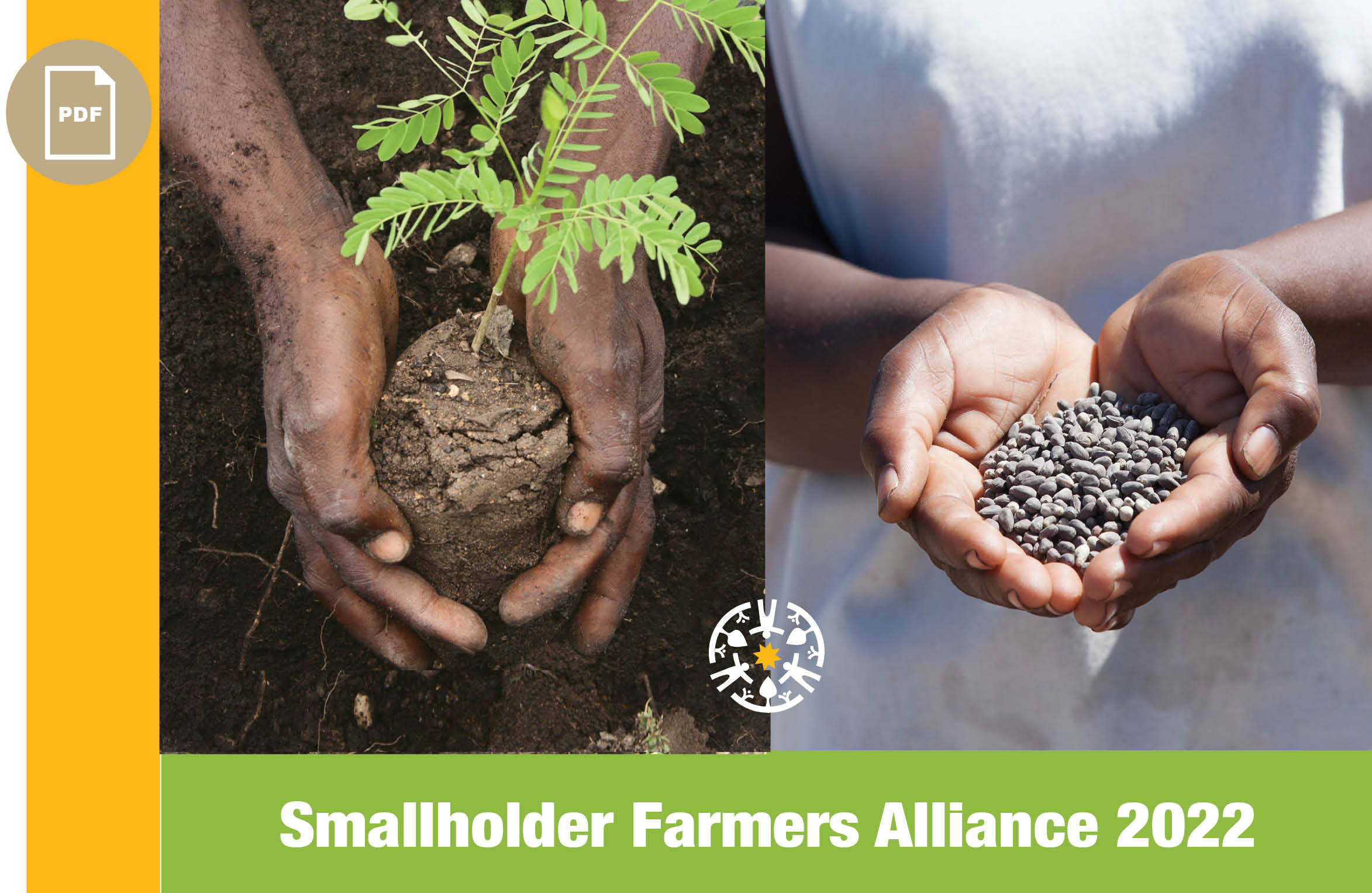
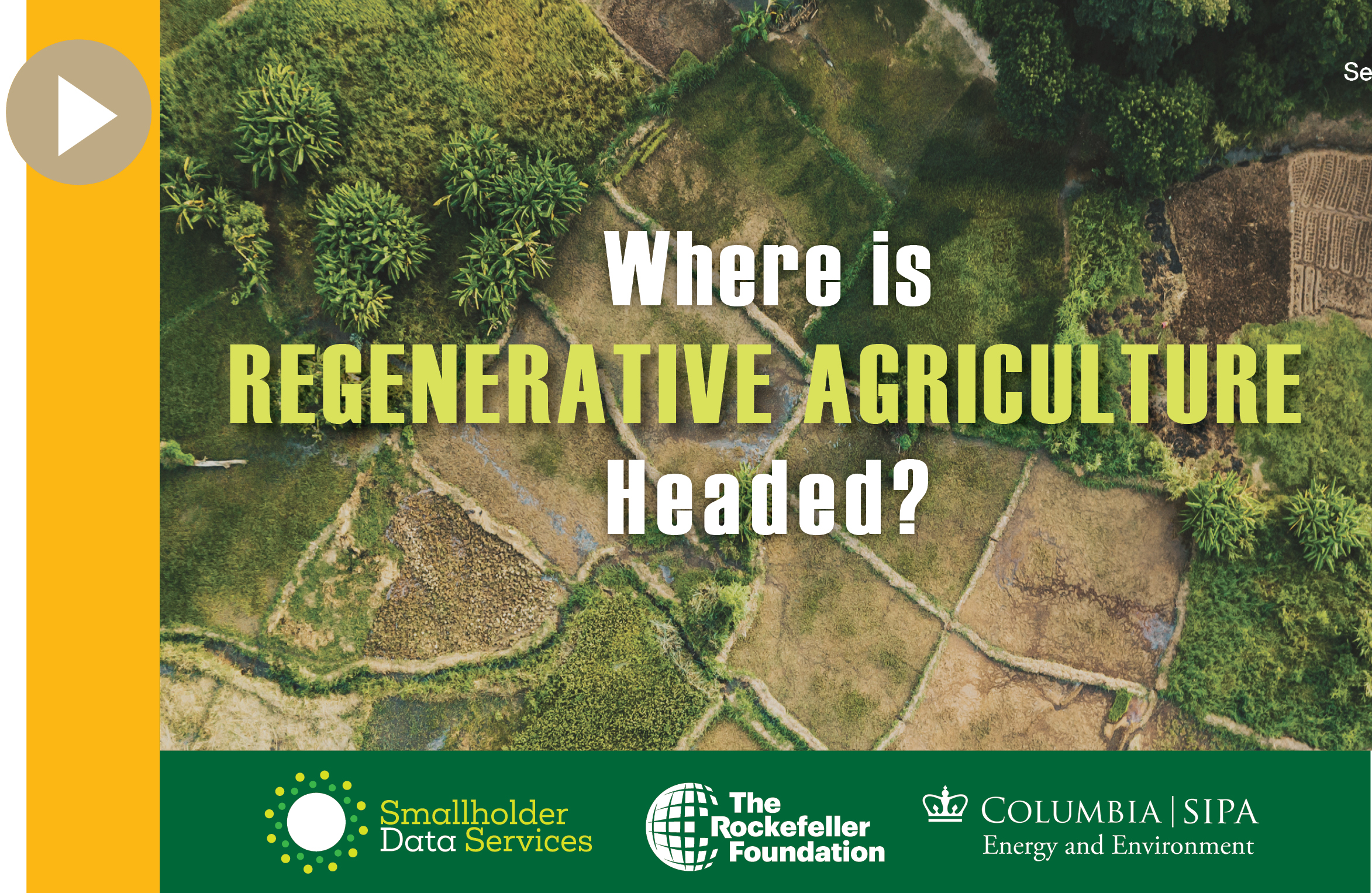
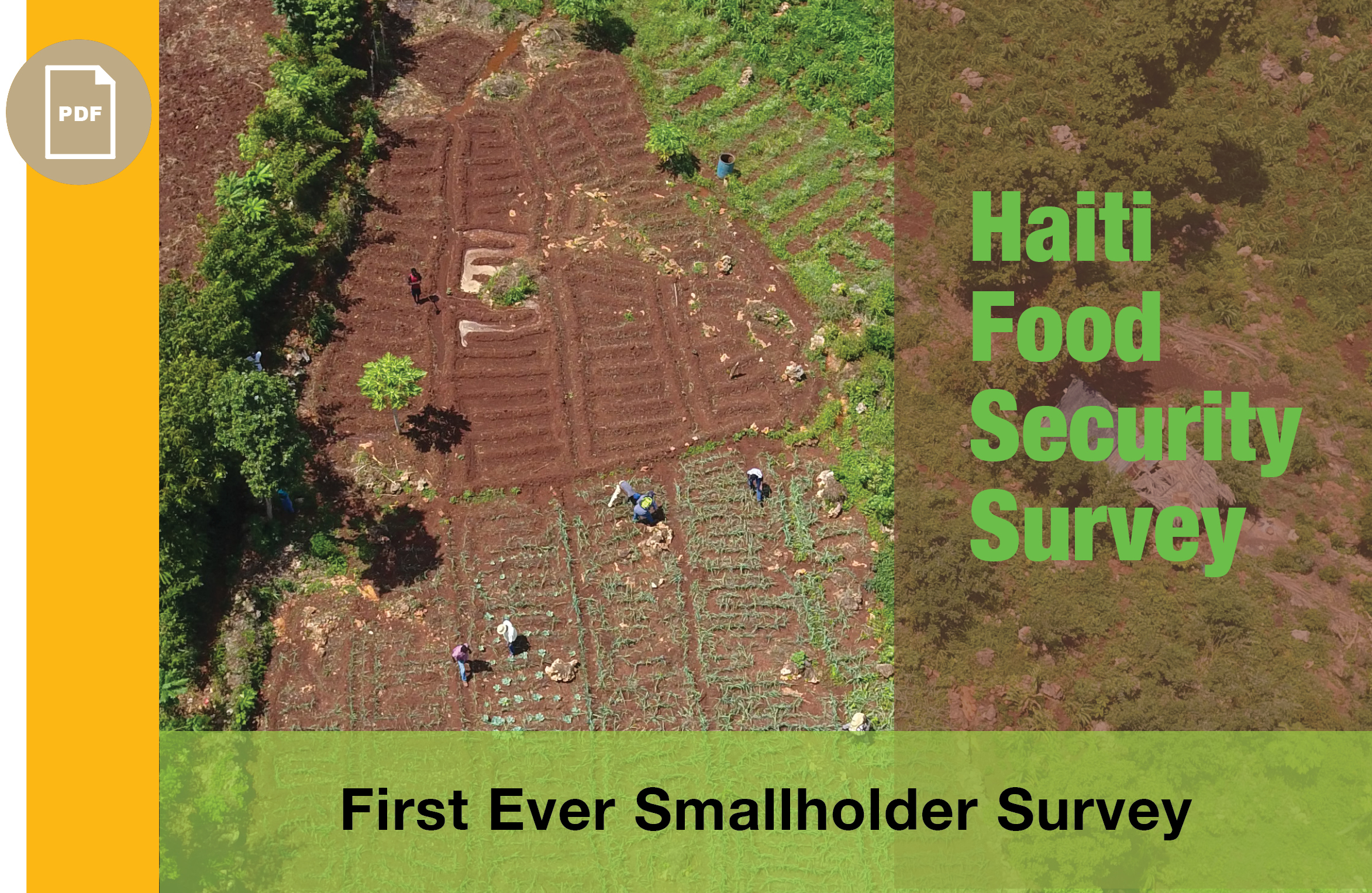
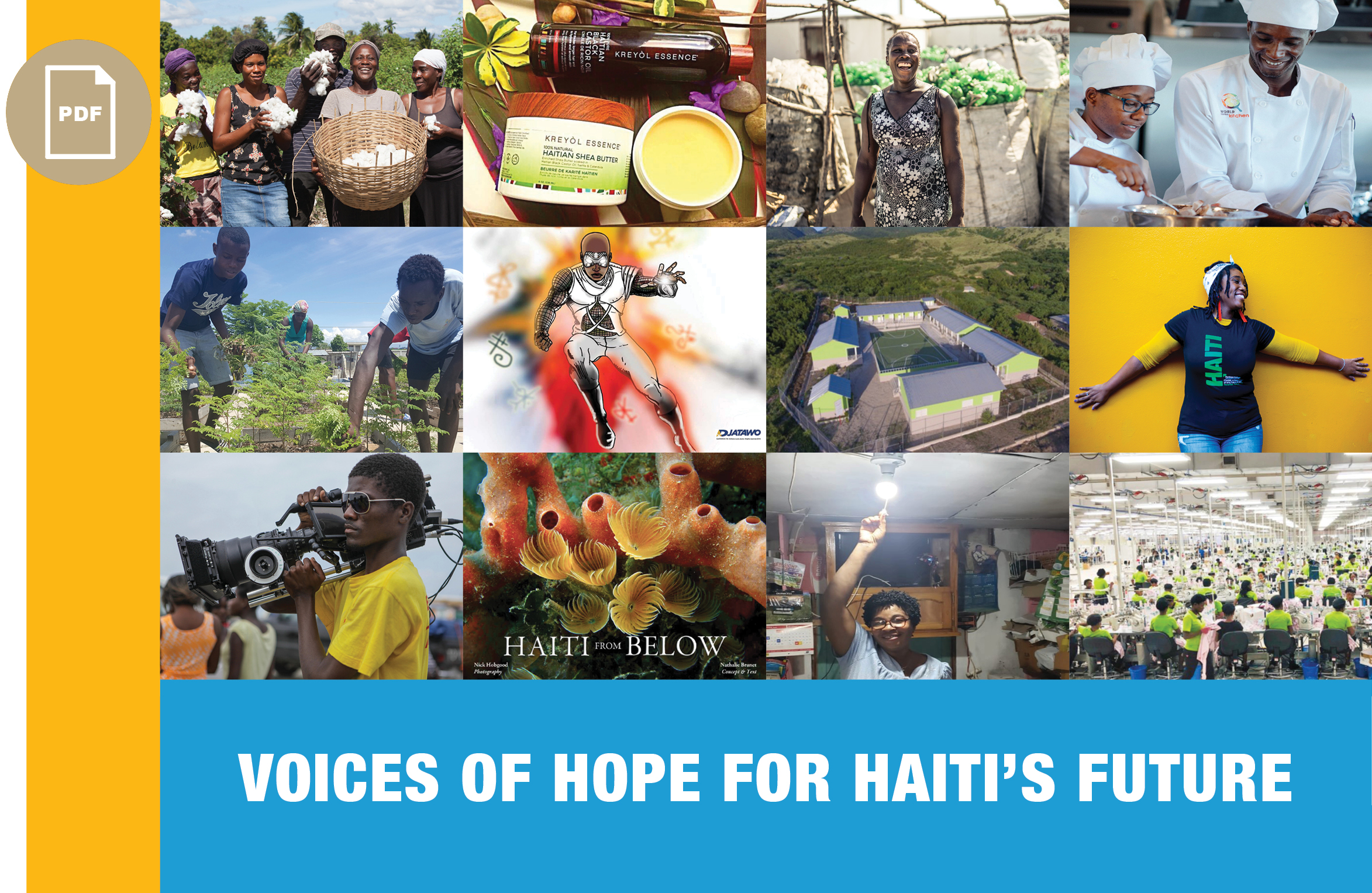
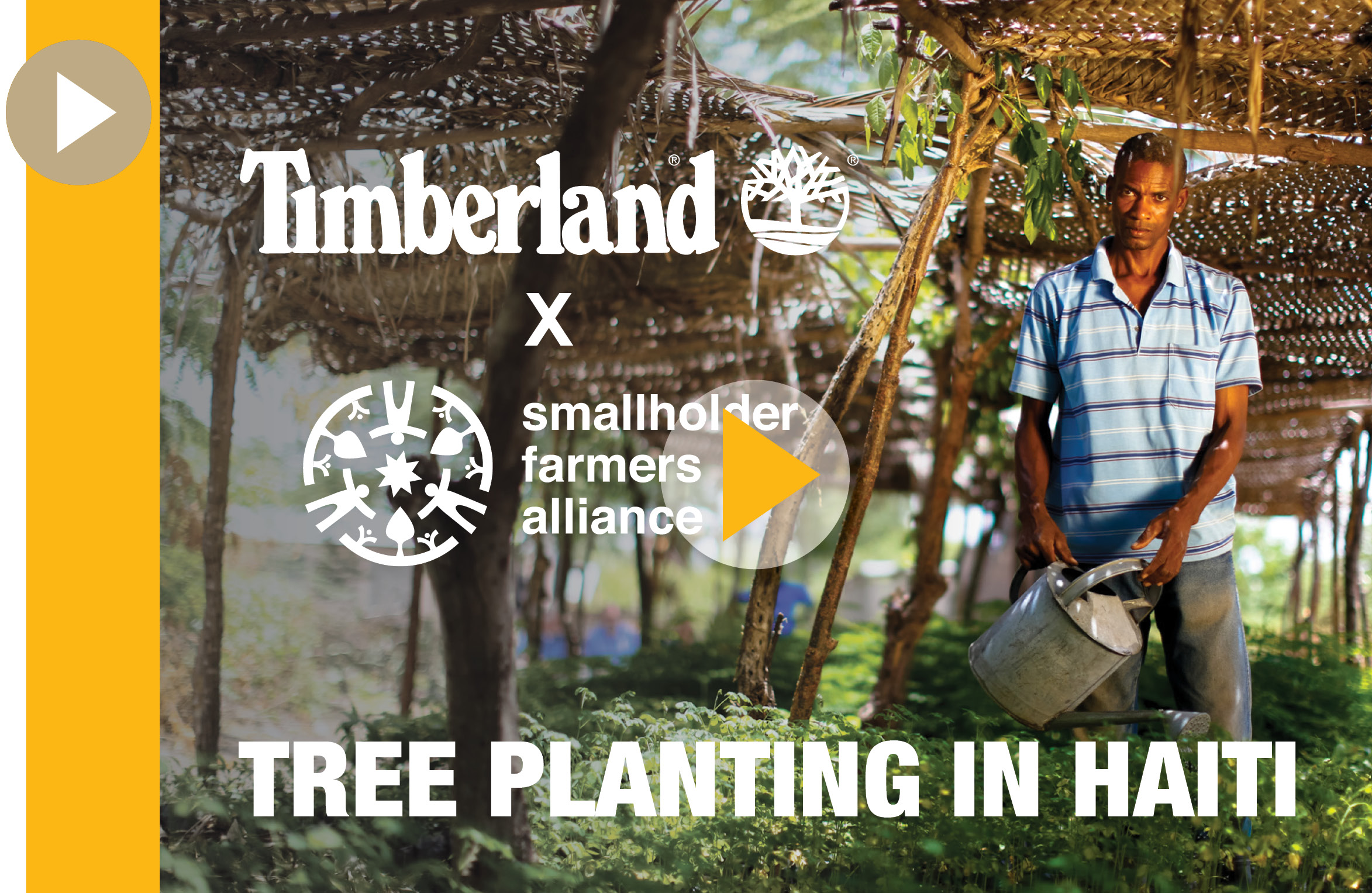
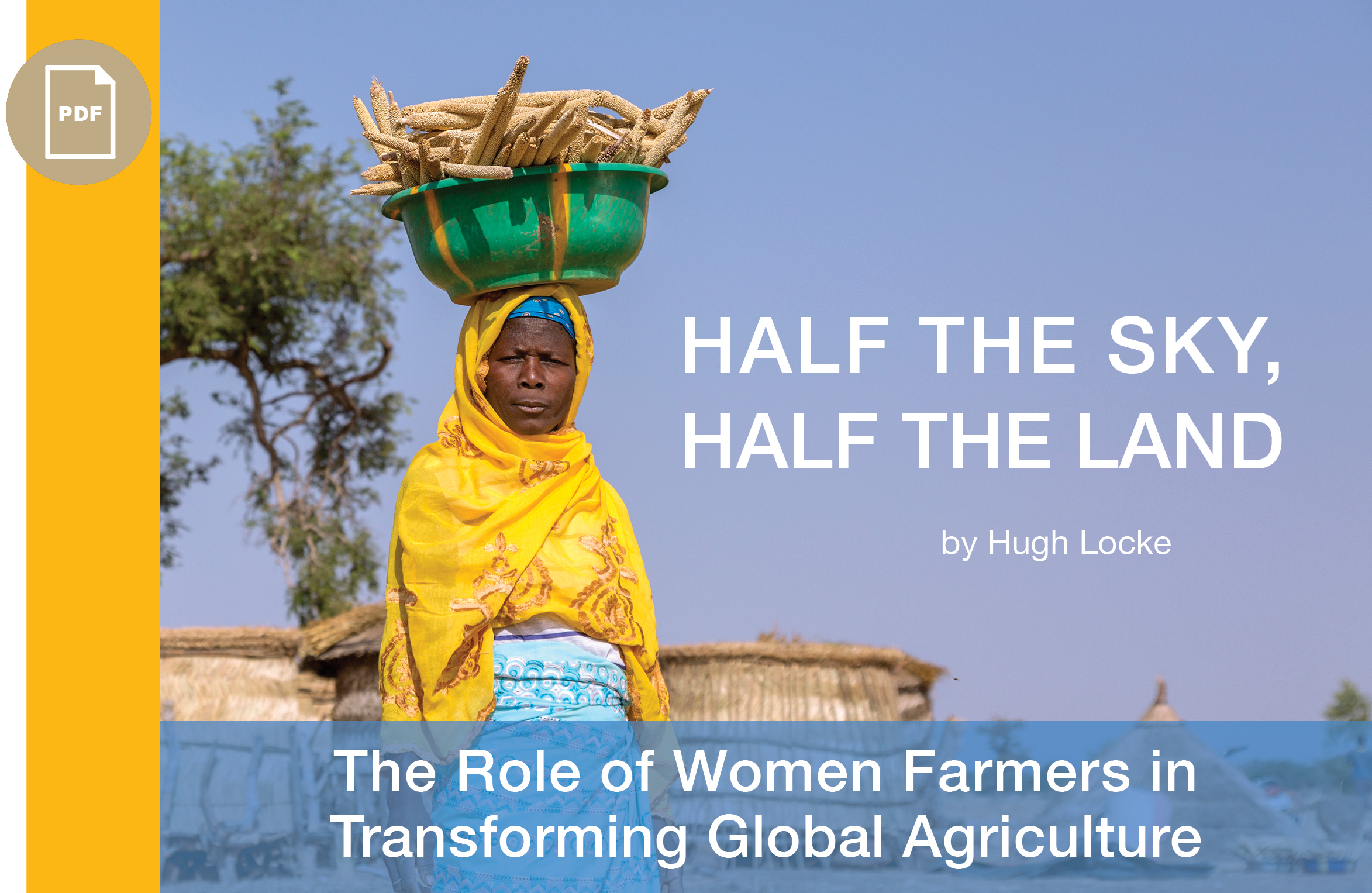
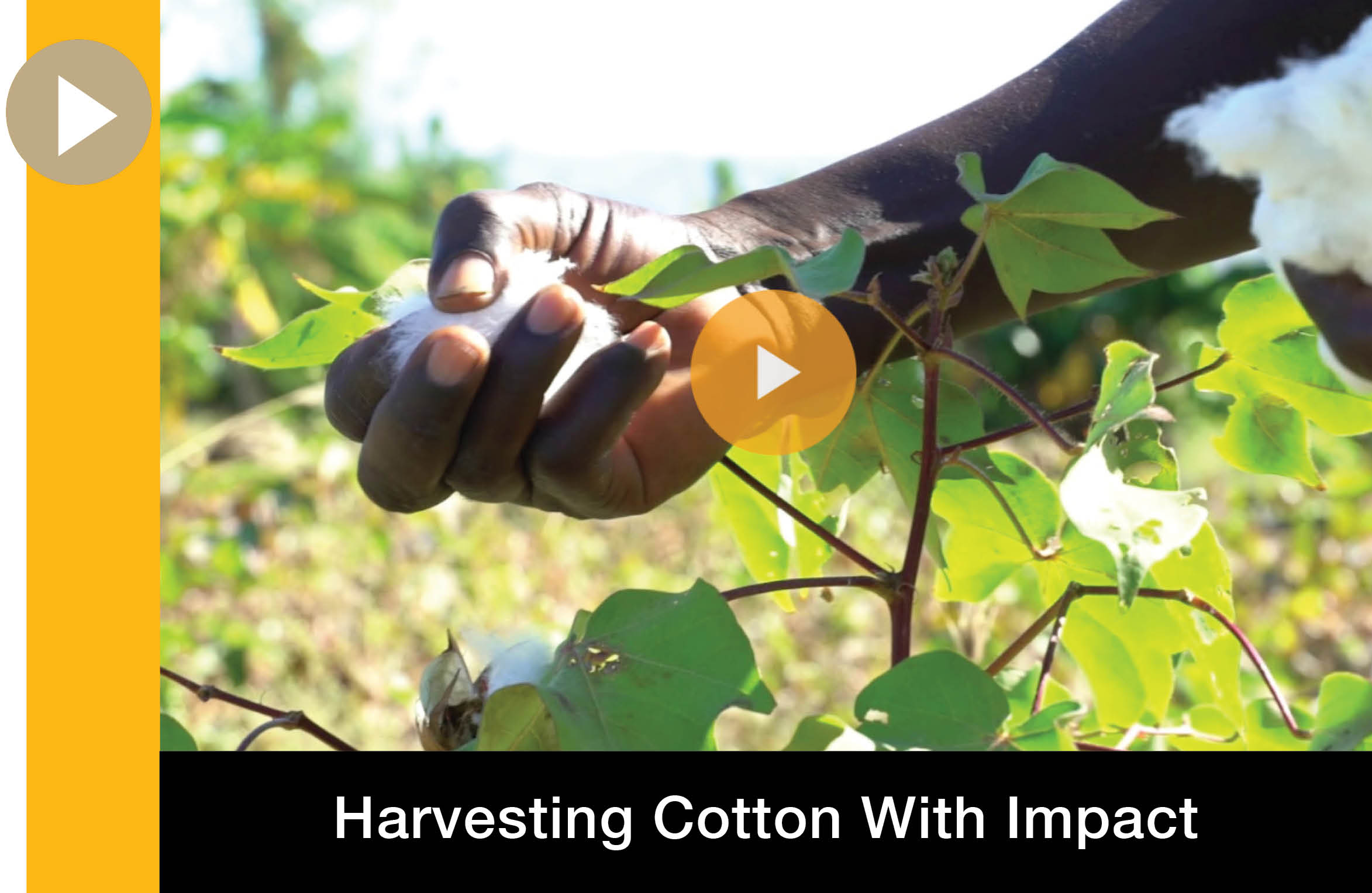
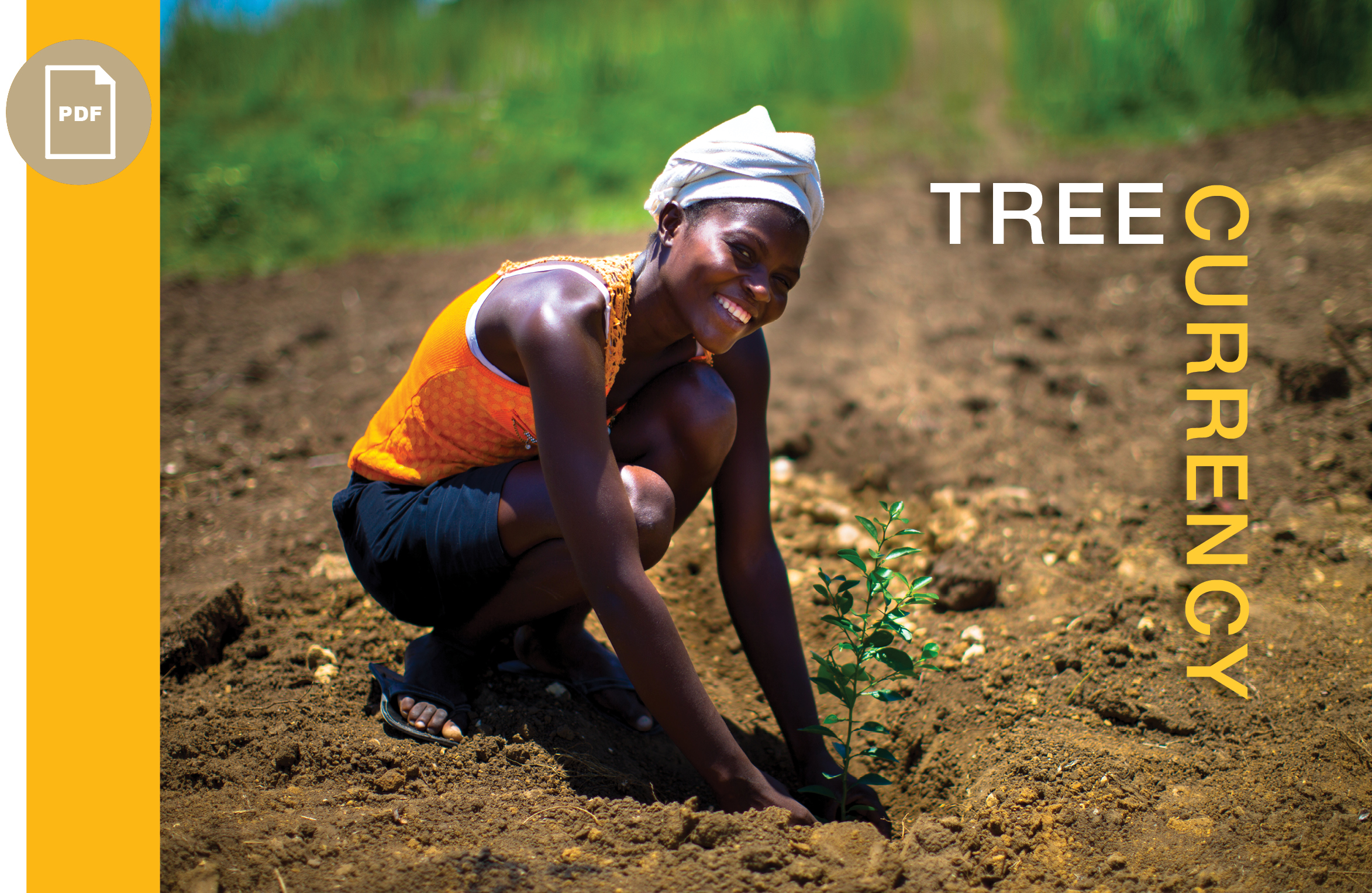

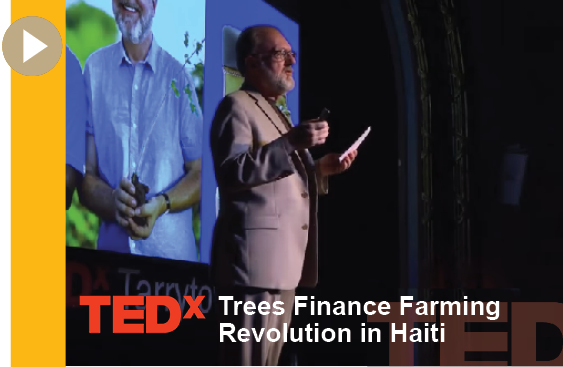
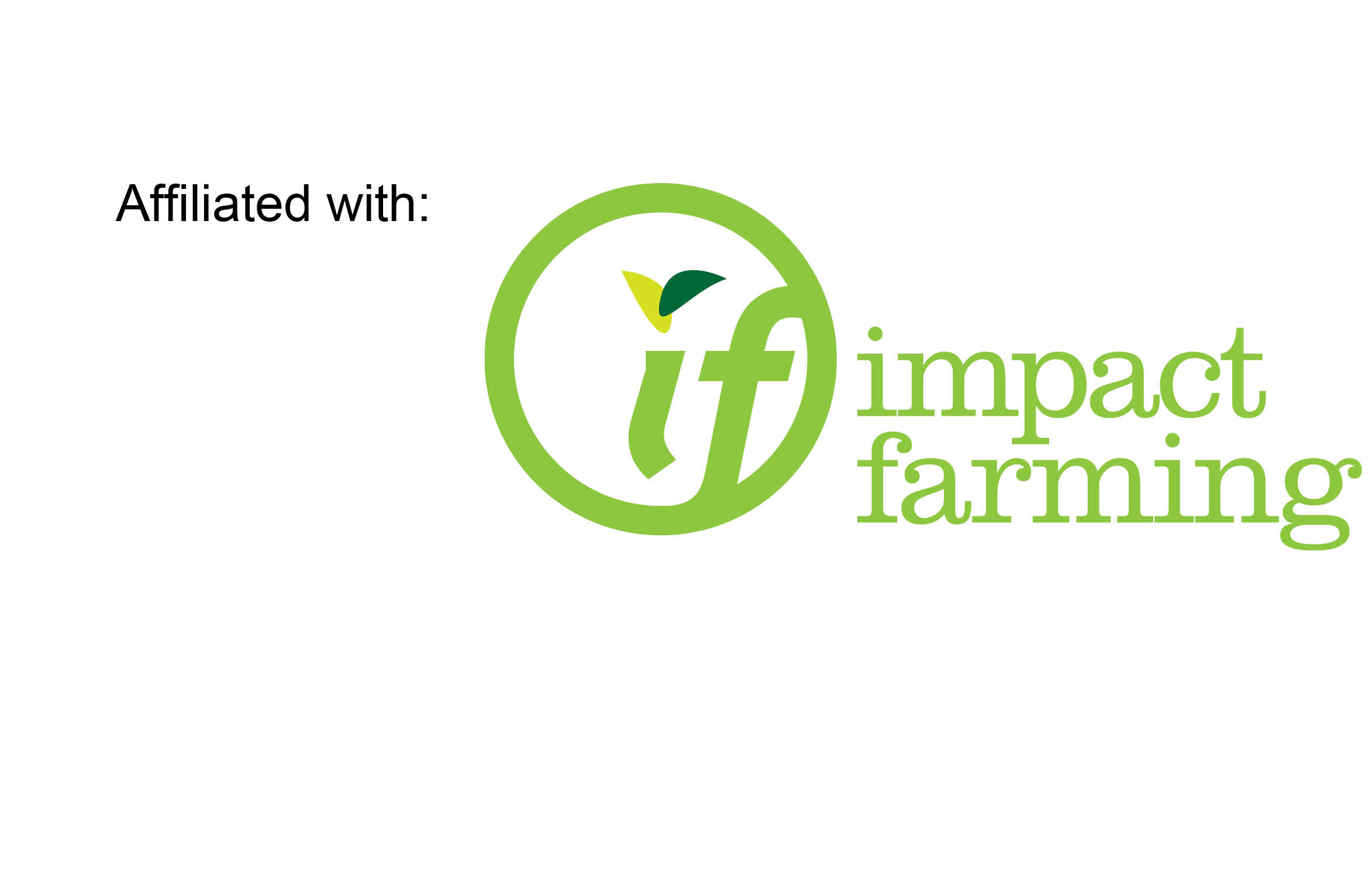
Reader Comments